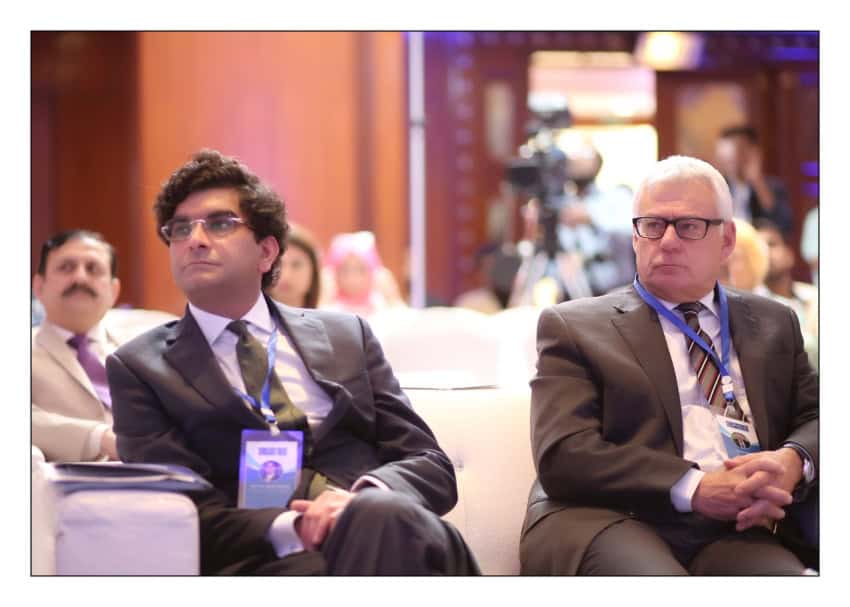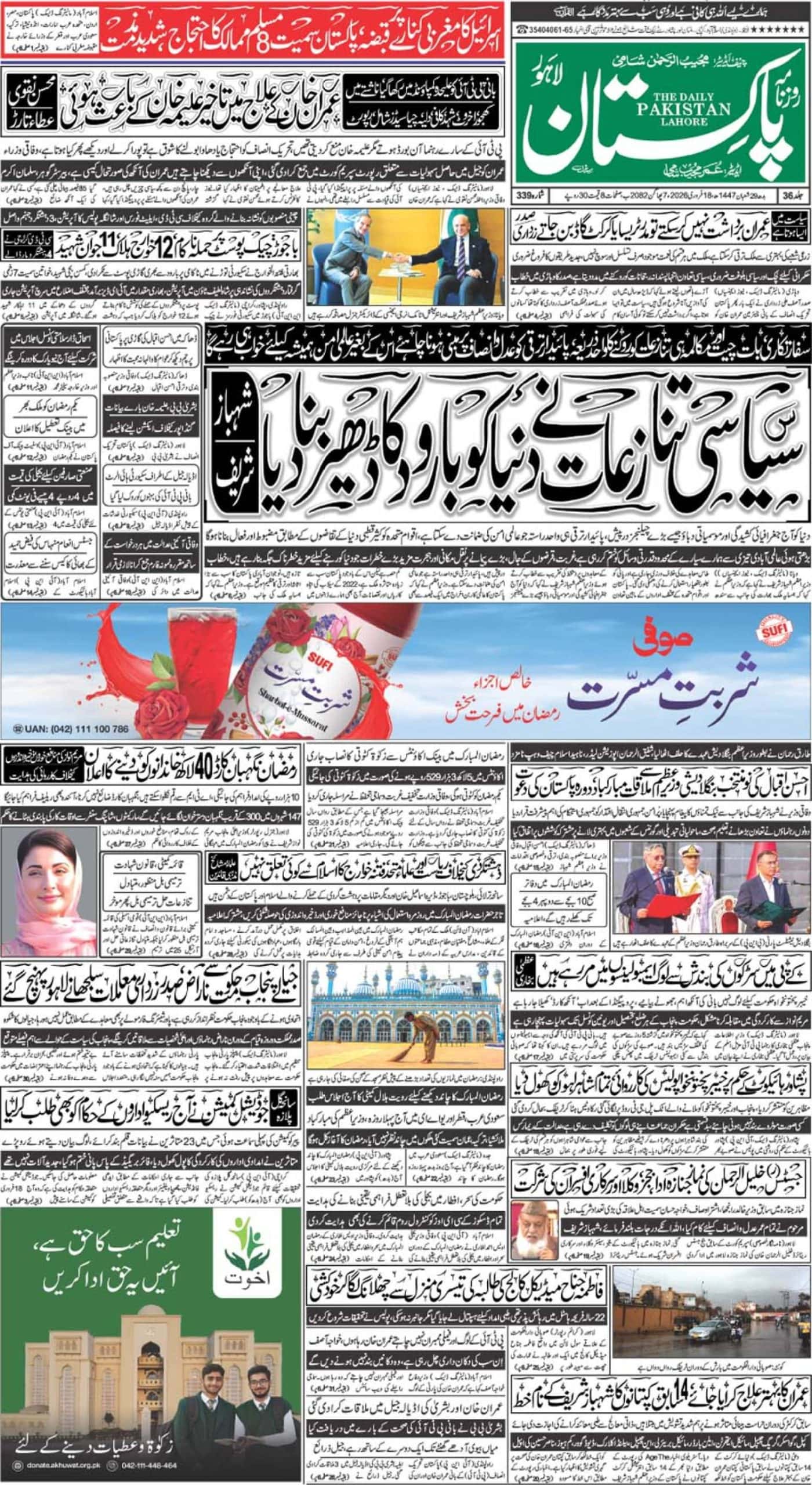Syed Mohsin Jafri/DailyPakistan
LONDON — Prominent human rights and media lawyer Barrister Rashid Ahmed has taken up at UK court which could benefit nearly 34000 international students – including more than 9000 Pakistani students.
The case related to the Home Office decision six years ago to revoke visas of thousands of students on the basis of misleading, vague and confused evidence that has been strongly criticised and challenged.
The Home Office had accused accusing over 34,000 international student of cheating in English language tests in the Test of English for International Communication (TOEIC) – a requirement for the Home Office for international students.
The President and the Vice President of the Upper Tribunal the UK Home Office relied on “unreliable” evidence while accusing nearly 34,000 international student of cheating in English language tests in the Test of English for International Communication (TOEIC).
BBC’s Panorama in 2014 revealed in an investigation that cheating was widespread in some colleges where candidates sat the Toeic to prove their English language proficiency.
The ETS issue has been ongoing since 2014 where upwards of 60,000 visas were cancelled by the Home Office and thousands of migrants have been removed by the UK Government in the aftermath.
Barrister Rashid Ahmed, specialist in public and human rights law and Barrister Zeeshan Raza of 2 Kings Bench Walk represented one of the Appellants before the court.
Barrister Rashid Ahmed and Zeeshan Raza submitted to the President that the fundamental issue has always been with the quality of the Secretary of State’s evidence and whether the govt is able to discharge the burden of proof in alleging deception against any given individual.
Both Barrister Rashid Ahmed and Zeeshan Raza argued before the President and vice president of the Upper Tribunal that the evidence relied upon by the Home Office is infected by multiple shortcomings to the extent that it cannot be said that any individual has a case to answer when ETS deception is raised.
Barrister Rashid Ahmed explained that before the Upper Tribunal, he had argued the case of Indian citizen, her leave was refused on 26 on the alleged ground that the Appellant had submitted fraudulently obtained documents/dishonesty. “This was predicated on the previous use of a TOEIC English language certificate.”
Barrister Rashid Ahmed said that the Home Office has failed in establishing fraud by the students.
The lawyer said: “Migrant Voice were given permission to intervene. The government instructed a QC to represent her interest. The judgment is reserved. The judgment is likely to have wide consequences for any individual affected by the issue.”














